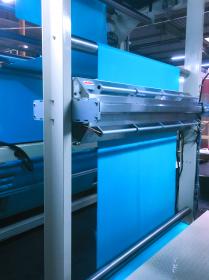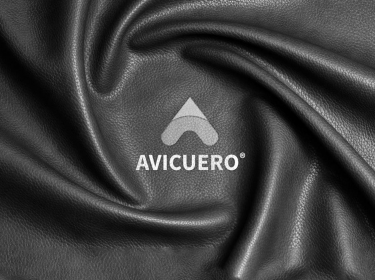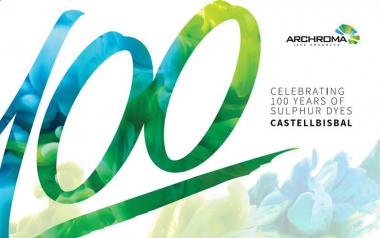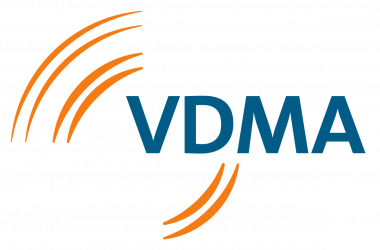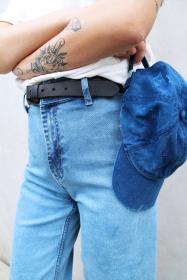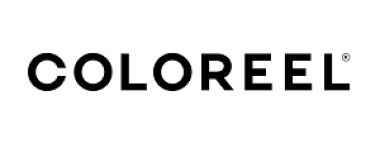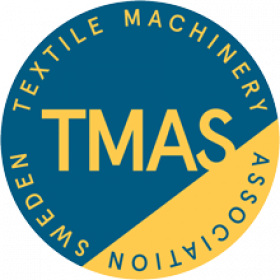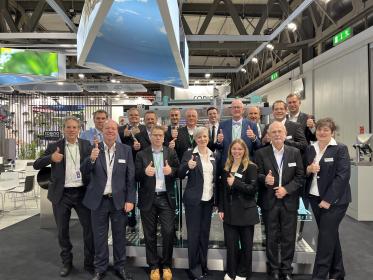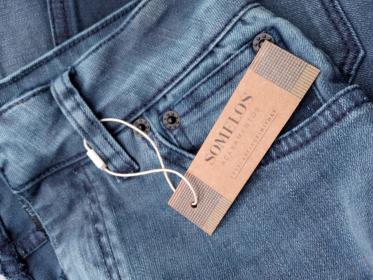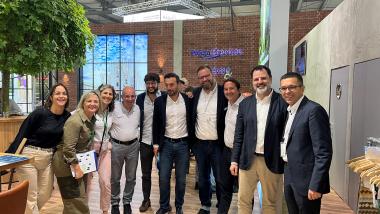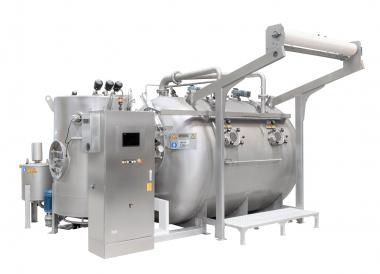ITMA ASIA + CITME: Smart technologies for green textile production
ITMA ASIA + CITME, Asia’s leading trade fair for textile machinery, took place in Shanghai with a considerable presence of VDMA member companies. The round about 40 exhibiting VDMA members covered nearly all different machinery chapters with a focus on spinning and manmade fibers, nonwovens, weaving, braiding, knitting & hosiery, finishing & dyeing and textile processing. They were part of a strong German presence with a total of around 60 German exhibitors – including non-machine manufacturers.
During a press conference on the first day of the show, Dr. Janpeter Horn, chairman of the VDMA Textile Machinery Association and managing director of August Herzog Maschinenfabrik expressed: “After years of cancelled or postponed trade fairs and travel restrictions, this year’s ITMA ASIA + CITME is the first edition of the show that can be attended not just by Chinese but by visitors from various countries and regions. The event is a good opportunity to meet customers and partners again in person and not just on a screen. ITMA ASIA + CITME provides a good chance to deepen the already good relations with China and other Asian countries further and to set-up new partnerships.”
Dr. Horn continued to present latest facts and figures about the German textile machinery industry. Between January and August 2023, the overall exports of textile machinery and accessories summed up to 1.7 billion euros, which was a slight decrease compared to the same period in 2022. The shipping to almost all major markets decreased between January and August: China: 440 million € (2022: 453 million €), Turkey: 205 million € (2022: 265 million €), USA: 177 million € (2022: 144 million €), India: 170 million € (2022: 228 million €).
Numerous VDMA member companies have production sites in the major Asian markets China and India and serve their customers in these countries from there. A latest VDMA business climate survey among the textile machinery companies in China showed, that 75% of all participants assessed their current business situation as either good (6%) or satisfactory (69%). For the coming quarter, 50% of the companies see the market to decline. Asked about the business situation during the next six months, 44% of the companies expect the market to remain stable, 56% expect the situation to become worse. This is also reflected in the HR of the companies: 63% expect the number of employees to remain unchanged.
VDMA e. V.






